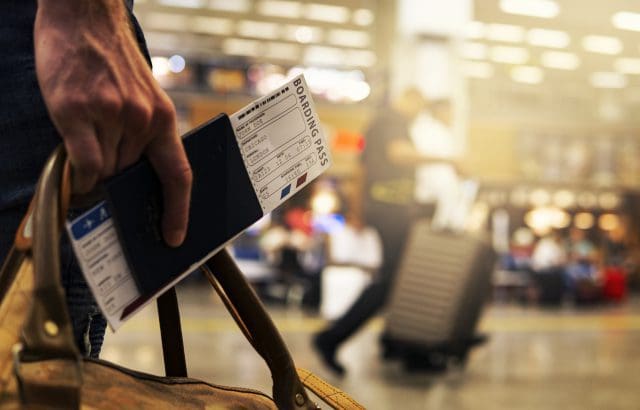Taxi drivers often come to the rescue of people in a variety of situations, including the car breaking down, industrial action stopping them getting to a sporting event, or even getting them back to the UK after flights were cancelled.
We have admired their poignant tributes following the death of the Queen in September, as well as the Remembrance Day services last month.
This year we have also seen how taxi drivers have gone above and beyond to come to the rescue, whether it was industrial action affecting the Commonwealth Games, passengers facing misery due to cancelled flights or even helping the emergency services.
While they are the knights in shining armour to so many, they are facing problems of their own, especially in a year which has seen fuel costs rocket, as well as rising maintenance and repair costs. And this has come at a time when their fares – which are set by the licensing authorities – have only now started to increase, some for the first time in a decade.
Things came to a head in the South East in October when taxi drivers at Gatwick Airport twice staged protests against the treatment of a union official by an employer. As well as refusing to pick up fares, they drove slowly around the sight at the start of the half-term getaway, causing traffic to build up and long delays for passengers trying to reach the airport.
During the first protest, passengers were pictured getting out of cars on a busy main road with their luggage to try to catch their flights.
Responding to reports of the protests on Sussex Live, several readers seemed to have little sympathy for the striking drivers.
Some suggested that the taxi drivers should vote with their feet and stop working for certain taxi firms, rather than causing chaos at a busy airport and affecting people who were looking forward to going on holiday.
But why should they? If they have legitimate concerns or grievances, why should taxi drivers – or any employee in any company – be forced to leave if they feel they are being treated unfairly? Employment laws protect workers’ rights and stop employers acting unfairly and unreasonably. But they also ensure that staff and contractors do what is expected of them and there are courts and tribunals to settle differences and decide if anyone has acted improperly or illegally.
While these legal remedies are available, they can take time to resolve. People are also free to protest peacefully and within the law, especially if they feel they have exhausted all avenues of reaching a solution within a company’s own processes and procedures.
Across the country now, Royal Mail and transport workers are continuing their industrial action which could see major disruption to postal and rail services over Christmas, as well as reports that nurses, ambulance drivers and firefighters are also preparing to take action.
Taxi drivers are part of the communities they serve and play a vital role, whether it is getting people home from a night out, getting them to the airport or train station ahead of a trip, or simple tasks such as medical appointments or the supermarket shop.
Whether people are jumping into a public hire black cab at an airport, train station or town centre rank, or have booked a private hire taxi from a base or via an app, it is reassuring for them to know that they will not be stranded and that their ride home is never far away.
Just because they provide a vital service doesn’t mean that their own rights can be overlooked and, as difficult and inconvenient as it may be, unpopular protests gain attention and can achieve the desired result.




